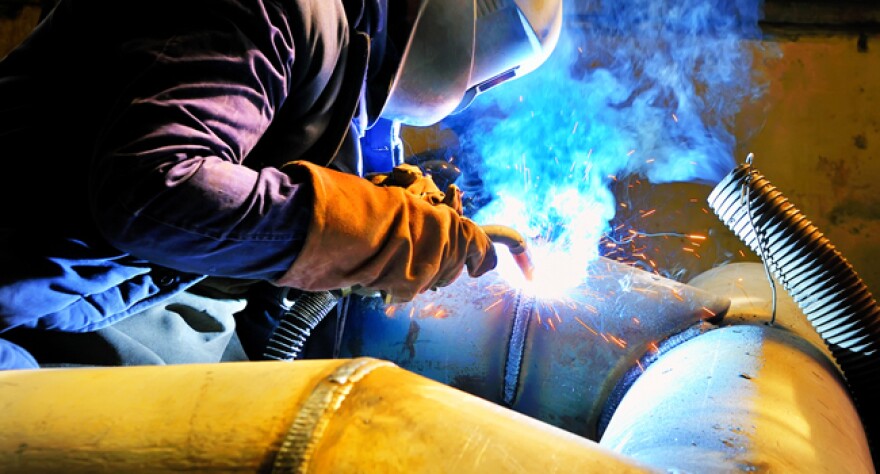You've probably learned more about supply chains than you ever intended to over the past few years.
The COVID-19 pandemic strained the global supply chain to its limits, leading to shortages of everything from semiconductors to toilet paper as raw goods and components became difficult for manufacturers to obtain.
David Boulay is president of the Illinois Manufacturing Excellence Center, based at Bradley University in Peoria.
"As we've learned from that, we are starting to see supply chains reshape, and refocus on the way that we make things in the United States. And part of this is a question of economic security. In other words, how are we making sure we have the product on the shelves and the things that we want for a well functioning society? Relatedly there is a question about national security, our ability to produce our products for the defense of our country," Boulay said.
IMEC is dedicated to providing assistance and resources to small and mid-sized manufacturers throughout the state. IMEC and the Illinois Manufacturers' Association received funding through the federal CHIPS and Science Act to found the new Supply Chain Center.
Boulay said there's already been heavy demand for the center's services since it opened a few weeks ago. Some manufacturers are seeking a source for a very specific material they need to create their product. Boulay said IMEC leverages its databases and market intelligence to help find the right suppliers and make introductions. But other requests are more complex.
"We've had other companies say, effectively, I want to take my whole supply chain and I want to get it within a three hour radius of my facility. Currently, I am global. And so that's a very different set of questions," Boulay said.
In general, Boulay said the manufacturing supply chain mindset is shifting away from seeking out the lowest costs around the globe to seeking out resiliency.
"It's a question about ensuring success of the supply chain," he said. "And there's a different cost structure that we need to look at and understand, there's going to be a lot to unpack in that. It's going to be a lot to unpack around productivity, how we invest in automation, how we invest in the skills of the workforce to ensure that the costs can be cost competitive in a total cost model, compared to wherever it might be traditionally imported from."
Boulay said manufacturers can get started by filling out a form on IMEC's website. There's also pages to connect businesses for opportunities and economic development authorities.


